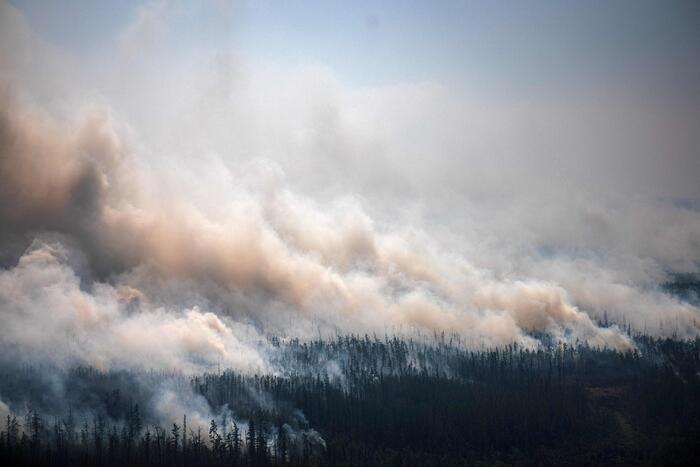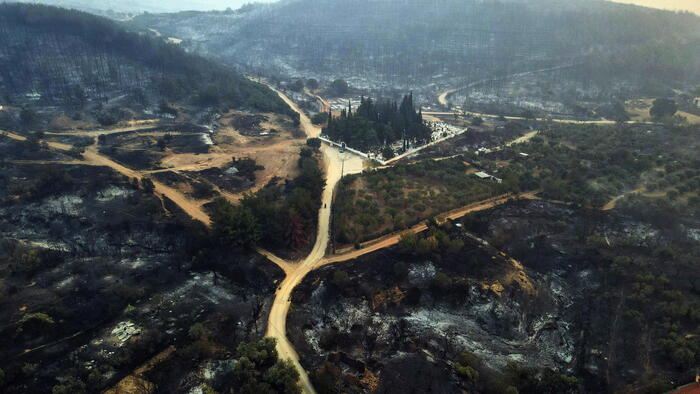Climate and land use change will make fires more frequent and intense, with global wildfires increasing by up to 14% by 2030, 30% by the end of 2050 and 50% by the end of the century.
This is what emerges from a new report by the United Nations Environment Program (Unep) and the Norwegian partner Grid-Arendal in view of the UN assembly on the environment.
The analysis suggests "a radical change in public spending on fires, shifting investment to prevention".
The report also notes a high risk for the Arctic and other regions not affected by fires so far.
The report "Spreading like Wildfire: The Rising Threat of Extraordinary Landscape Fires" notes that climate change and fires feed each other and calls on governments to adopt a new "firefighting formula", with "two-thirds of spending devoted to planning, prevention , preparation and shooting and a third employed for the response "to the event.
Currently, the study explains, "direct responses to fires usually receive more than half of the related costs, while planning and prevention receive less than 1%".
To prevent fires, the authors call for "a combination of science-based data and monitoring systems, indigenous knowledge, and stronger regional and international cooperation."
Responses from governments often "put money in the wrong place," the report said, stating that "it is necessary to support emergency service workers and firefighters who are on the front line and risk their lives to fight forest fires."
It is necessary "to minimize the risk of extreme fires also by working with local communities and strengthening the global commitment in the fight against climate change" underlines Inger Andersen, executive director of UNEP.
Noting that "the fires disproportionately affect the poorest nations of the world",
We recall the damage to people's health and the economy as well as to wildlife and its natural habitats "rarely spared by fires, pushing some animal and plant species towards extinction. A recent example is the Australian bushfires of 2020, which estimated they wiped out billions of domestic and wild animals. "








